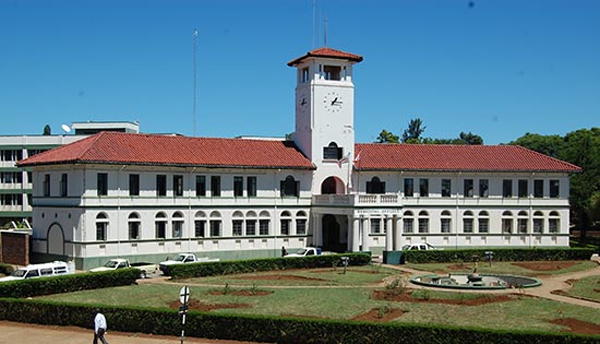
By Brenna Matendere
Gweru residents have raised concern about the city’s tight water-rationing schedule, saying it would lead to an outbreak of diseases such as cholera and typhoid.
Council announced last week that most suburbs would have running water for a maximum of two days a week because the city’s main supply dam was running dry.
Cornelia Selipiwe, the Gweru Residents and Ratepayers’ Association chairperson, said the water crisis was a time bomb.
“The water-rationing schedule will lead into people digging unprotected wells and relying on the unsafe water for their survival,” he said.
“People cannot do without water, it is life. If such a scenario happens, definitely we are set for a fresh wave of cholera and typhoid.”
Council says the city’s main supply dam, Gwenhoro, will run dry in two months’ time if water supplies are not restricted.
Selipiwe said council should take the blame for the crisis because it failed to plan properly.
- Chamisa under fire over US$120K donation
- Mavhunga puts DeMbare into Chibuku quarterfinals
- Pension funds bet on Cabora Bassa oilfields
- Councils defy govt fire tender directive
Keep Reading
“We are in this predicament because of lack of planning because Amapongogwe Dam still has water,” he said.
“With proper planning having been done coupled with visionary leadership, this problem could have been avoided.
“They could have planned to switch to that dam long back.”
However, mayor Josiah Makombe said council would need millions of dollars to draw water from Amapongogwe Dam.
“People must not panic,” he said. “We are in the process of trying to resolve this problem of water shortages by engaging money-lending institutions to assist us. We are hopeful the challenge will soon be behind us.”
Gweru council’s acting director of finance Owen Masimba recently said the local authority needed $6 million to lay infrastructure that will enable it to draw water from Amapongogwe Dam.
The council would have to refurbish the water pumping system before it starts drawing water from the alternative source.
Last year eight people died of typhoid in Gweru, where 1 506 cases of the waterborne disease were recorded.










